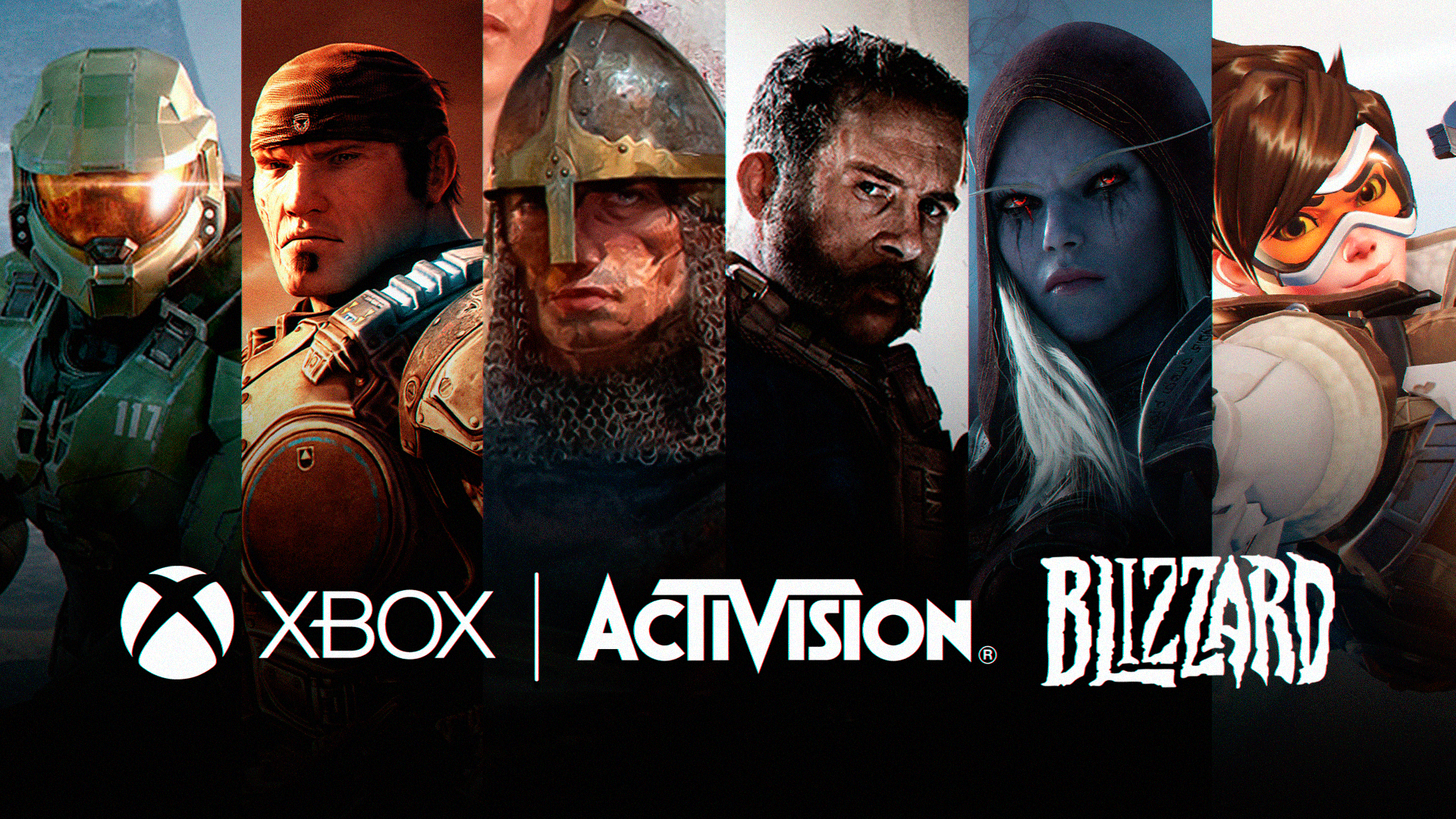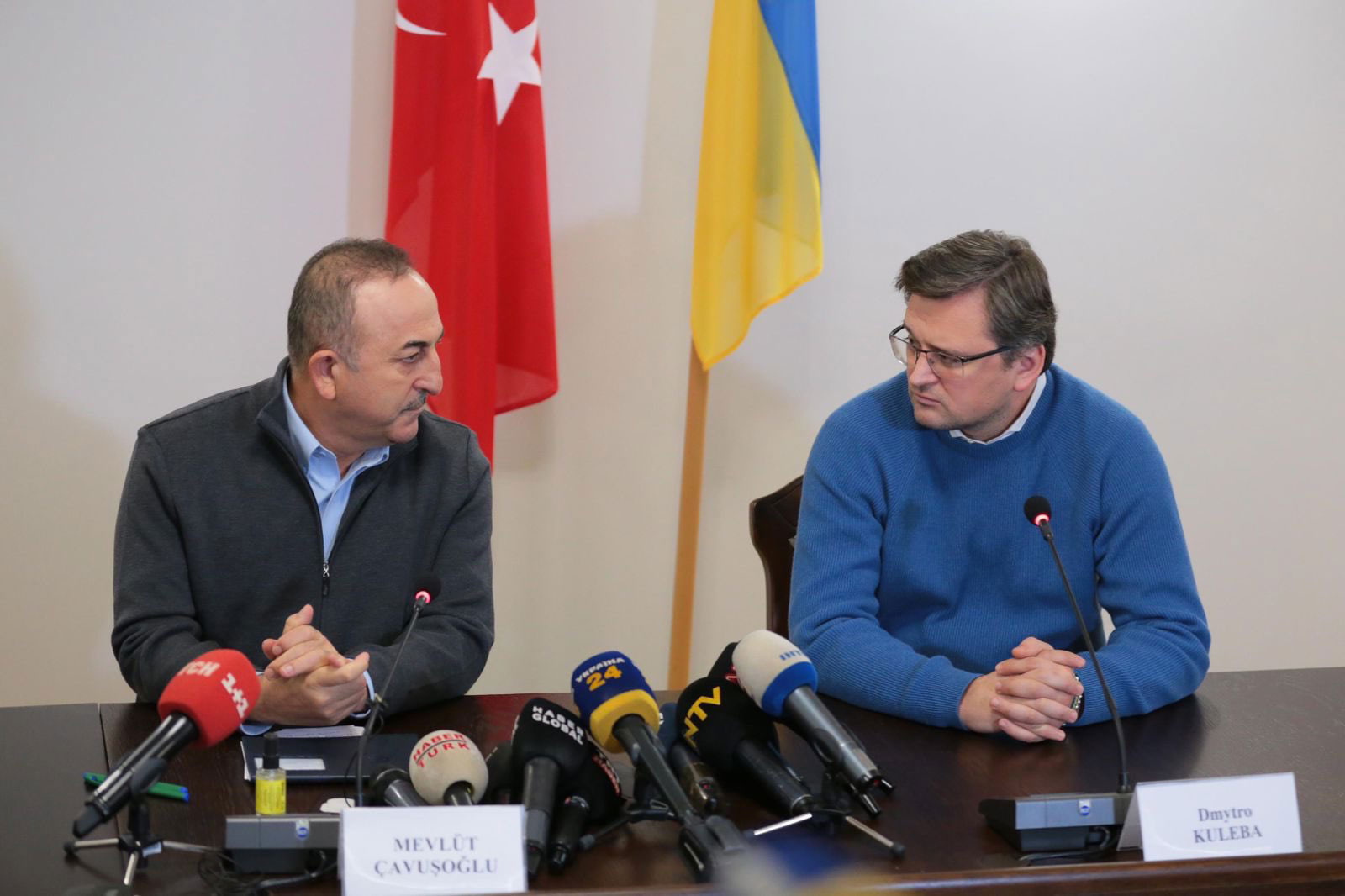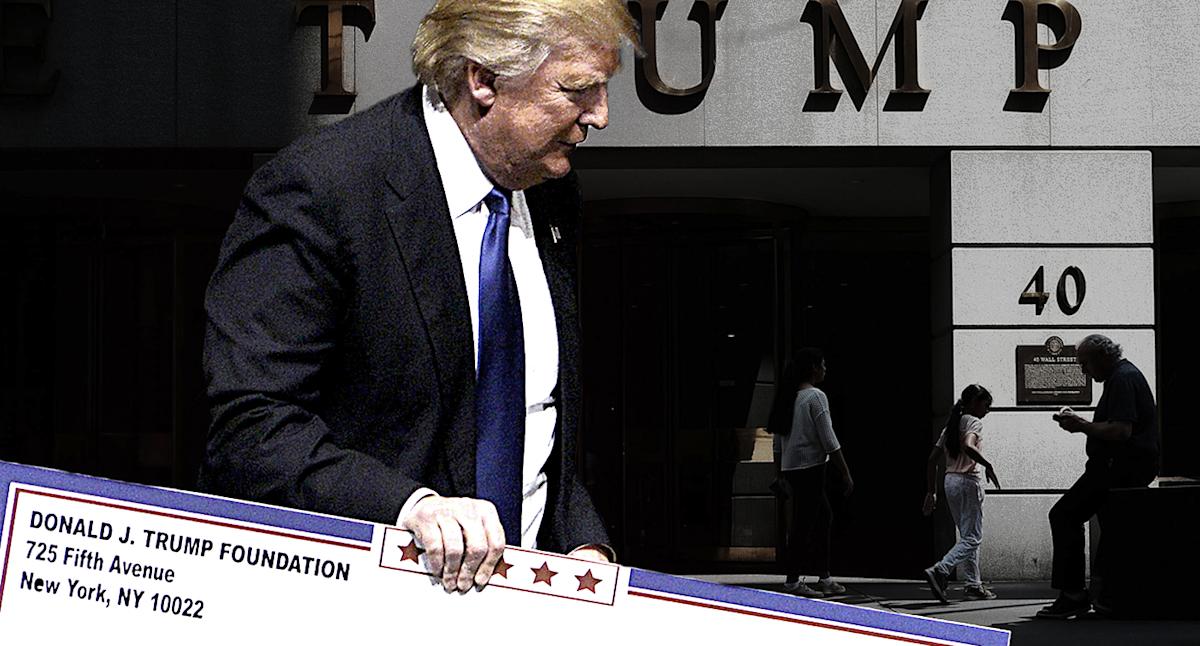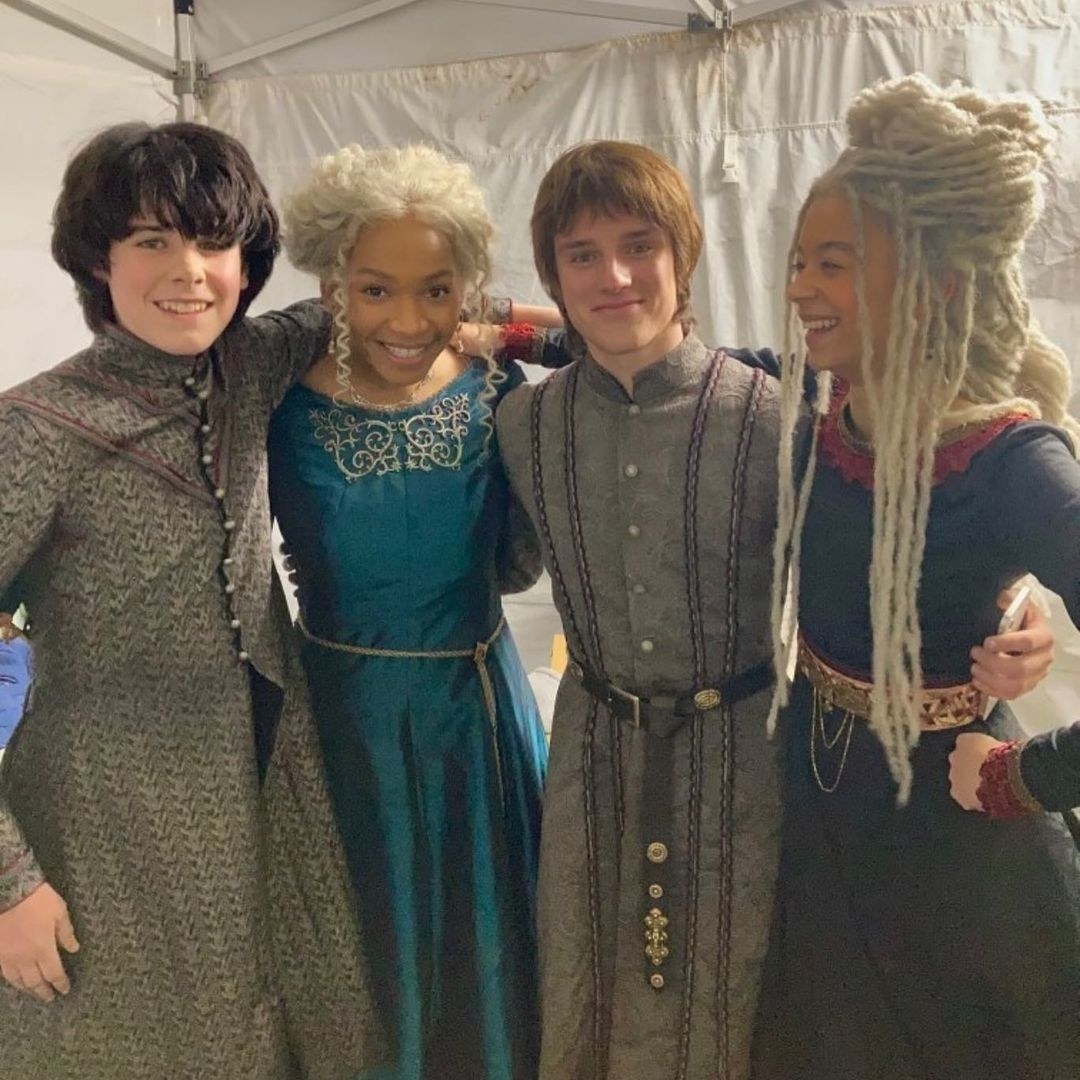Activision Blizzard Deal: FTC's Appeal And The Road Ahead

Table of Contents
The FTC's Case Against the Activision Blizzard Deal
The FTC's primary argument against the Activision Blizzard deal centers on anti-competitive concerns. They argue that the merger would significantly reduce competition, particularly within the burgeoning cloud gaming market, ultimately harming consumers.
Anti-competitive Concerns
- Domination of the Cloud Gaming Market: The FTC argued that Microsoft's acquisition would give it an unfair advantage in the cloud gaming space, potentially allowing them to exclude competitors from accessing Activision Blizzard's popular titles like Call of Duty, World of Warcraft, and Candy Crush. This lack of access could stifle innovation and limit consumer choice.
- Exclusionary Practices: The FTC expressed concern that Microsoft could leverage its control over Activision Blizzard's vast game portfolio to exclude rival cloud gaming services from accessing these titles, creating a significant barrier to entry for competitors and hindering the growth of the cloud gaming market.
- Higher Prices and Reduced Innovation: By consolidating market power, the FTC argued that the merger could lead to higher prices for gamers, reduced innovation in game development, and a diminished quality of gaming experiences overall.
Evidence Presented by the FTC
To support their claims, the FTC presented a range of evidence, including:
- Internal Microsoft Documents: The FTC relied on internal Microsoft communications, emails, and documents to demonstrate the company's intentions regarding its competitive strategy in the cloud gaming market post-acquisition.
- Expert Testimony: Economists and industry experts provided testimony outlining the potential anti-competitive effects of the merger, analyzing market dynamics and forecasting the impact on competition.
- Market Analysis Data: The FTC presented detailed market analysis data illustrating the concentration of power in the gaming market and the potential for the merger to further exacerbate this concentration.
Microsoft's Defense and the Judge's Ruling
Microsoft countered the FTC's allegations, arguing that the merger would actually increase competition and benefit consumers.
Microsoft's Arguments
- Expanded Access to Games: Microsoft emphasized its commitment to bringing popular Activision Blizzard franchises, especially Call of Duty, to a wider range of platforms, including rivals' gaming services. This, they argued, would benefit consumers by increasing access and choice.
- Enhanced Competition: Microsoft contended that the merger would spur innovation and competition within the gaming industry, leading to better games and more affordable prices.
- Challenging Market Definition: Microsoft challenged the FTC's definition of the relevant market, arguing that the market was broader and more dynamic than the FTC suggested.
The District Court's Decision
The district court judge ultimately sided with Microsoft, rejecting the FTC's claims. The judge's decision highlighted several key points:
- Insufficient Evidence of Anti-Competitive Harm: The judge found that the FTC had not presented sufficient evidence to prove that the merger would likely lead to substantial anti-competitive harm in the relevant market.
- Credibility of Microsoft's Commitments: The judge deemed Microsoft's commitments regarding the continued availability of Call of Duty on competing platforms credible and sufficient to address concerns about market dominance.
- Impact on Deal's Progress: The ruling paved the way for the deal to proceed, pending any appeals.
The FTC's Appeal and the Next Steps
Despite the district court's decision, the FTC filed an appeal, raising several key arguments.
Grounds for Appeal
- Legal Misinterpretation: The FTC argued that the district court misinterpreted relevant antitrust laws and misapplied legal precedents.
- Factual Errors: The FTC alleges that the court made factual errors in its assessment of the evidence presented.
- Potential for New Evidence: The FTC might also seek to introduce new evidence not previously considered by the lower court.
Potential Outcomes and Implications
The FTC's appeal leaves two main scenarios:
- Scenario 1: Appeal Successful – Deal Blocked: If the appeal is successful, the Activision Blizzard deal will be blocked, leaving Microsoft without the acquisition and potentially reshaping its gaming strategy. This outcome would also set a strong precedent for future mergers and acquisitions in the tech sector.
- Scenario 2: Appeal Unsuccessful – Deal Proceeds: If the appeal fails, the deal will likely proceed, significantly altering the gaming landscape. Microsoft's market position would be strengthened, potentially influencing game development, pricing, and platform exclusivity.
The outcome of this appeal will have far-reaching implications for the future of mergers and acquisitions within the gaming industry, influencing regulatory scrutiny and setting precedents for future deals. It will also significantly impact Microsoft's gaming strategy and market position.
Conclusion
The FTC's appeal against the Activision Blizzard deal represents a crucial moment for the gaming industry. The outcome will shape the future regulatory landscape, affecting how regulators approach competition in the rapidly evolving digital world. Staying informed about the ongoing developments in the Activision Blizzard deal is essential for understanding its impact on the future of gaming. Follow the latest news and legal updates to stay abreast of this landmark case and its consequences for the gaming industry.

Featured Posts
-
 100 Forintos Erme 428 000 Forintert Eladhato
May 29, 2025
100 Forintos Erme 428 000 Forintert Eladhato
May 29, 2025 -
 Can Lula Convince Putin To Meet Zelenskyy In Istanbul
May 29, 2025
Can Lula Convince Putin To Meet Zelenskyy In Istanbul
May 29, 2025 -
 Trump Administration Seeks To Terminate Harvards Federal Funding
May 29, 2025
Trump Administration Seeks To Terminate Harvards Federal Funding
May 29, 2025 -
 Heitingas Touching Gestures Bum Pats And Forehead Kisses Attract Media Scrutiny
May 29, 2025
Heitingas Touching Gestures Bum Pats And Forehead Kisses Attract Media Scrutiny
May 29, 2025 -
 Revamped Pcc Store Opens In Downtown Seattle
May 29, 2025
Revamped Pcc Store Opens In Downtown Seattle
May 29, 2025
Latest Posts
-
 Behind The Scenes Of Dragons Den One Investors Honest Account
May 31, 2025
Behind The Scenes Of Dragons Den One Investors Honest Account
May 31, 2025 -
 The Pursuit Of The Good Life Cultivating Inner Peace And Joy
May 31, 2025
The Pursuit Of The Good Life Cultivating Inner Peace And Joy
May 31, 2025 -
 Understanding And Cultivating The Good Life
May 31, 2025
Understanding And Cultivating The Good Life
May 31, 2025 -
 New Padel Court Proposal For Bannatyne Health Club In Essex
May 31, 2025
New Padel Court Proposal For Bannatyne Health Club In Essex
May 31, 2025 -
 75 Year Old Duncan Bannatyne And 45 Year Old Wife Support Operation Smile In Morocco
May 31, 2025
75 Year Old Duncan Bannatyne And 45 Year Old Wife Support Operation Smile In Morocco
May 31, 2025
